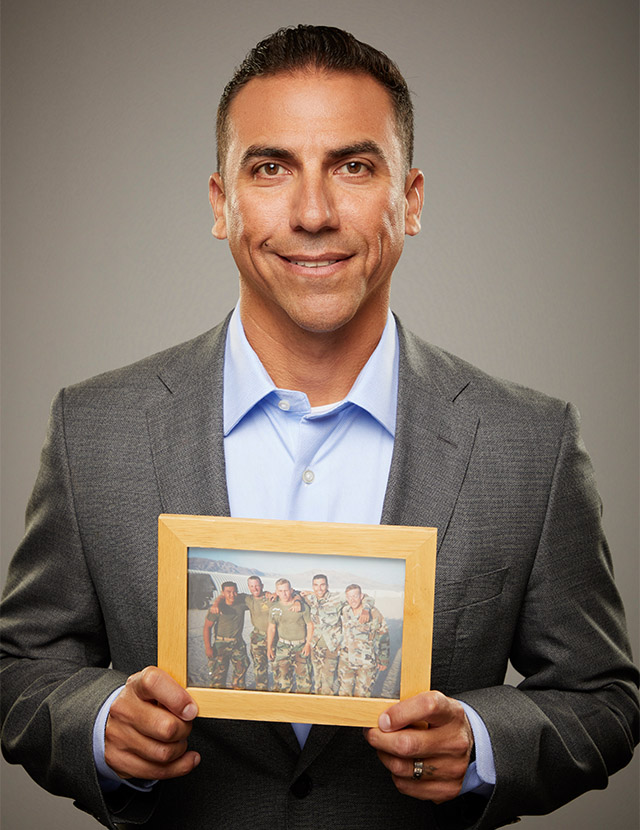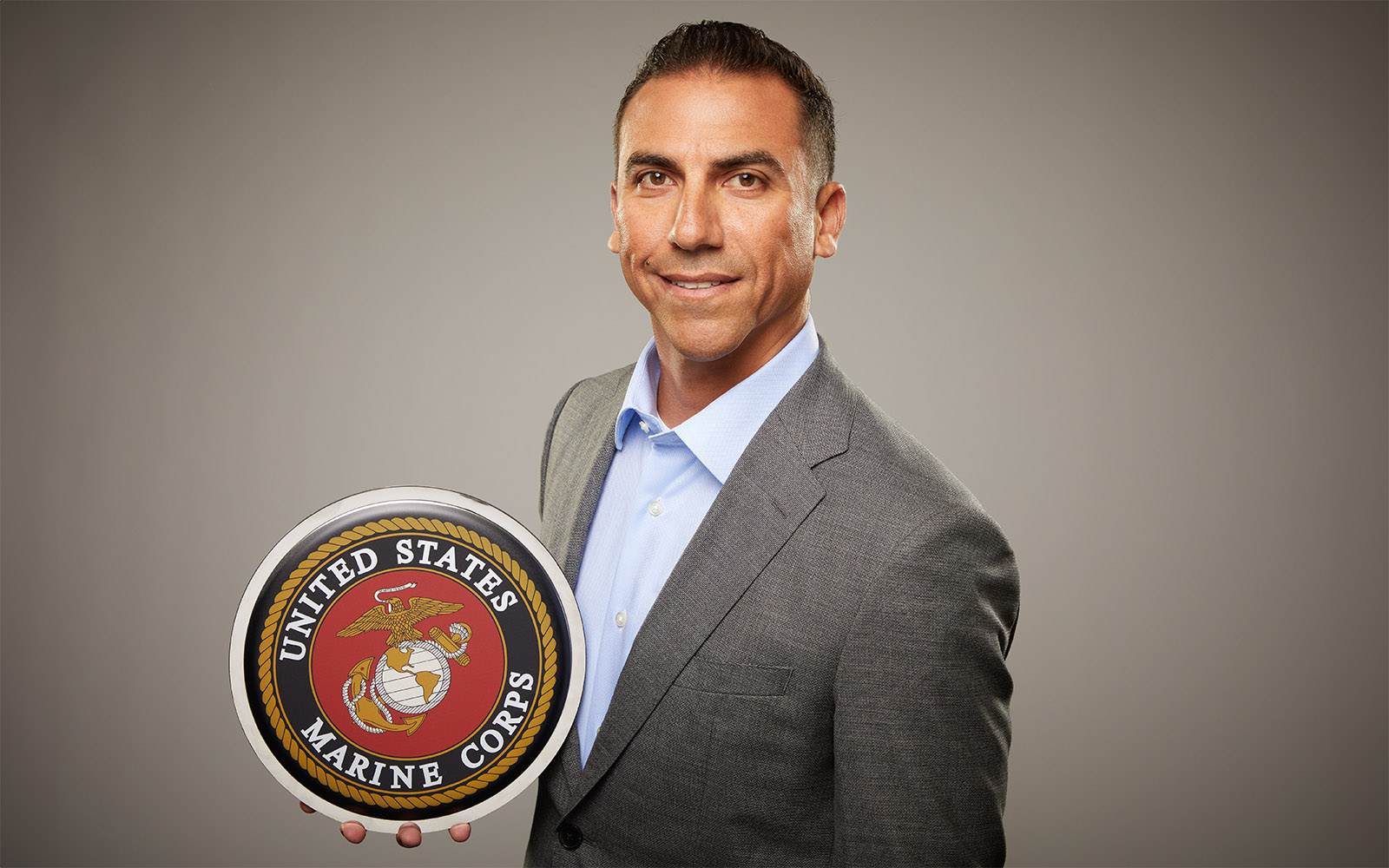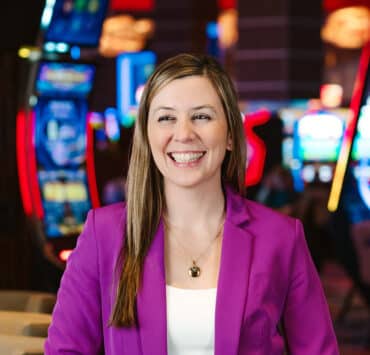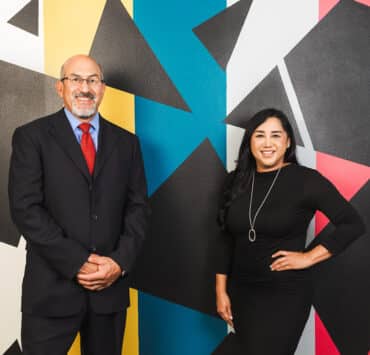|
Getting your Trinity Audio player ready...
|
Josh Smith had a plan. His friend was buying up vacant land in San Diego. It seemed like a great opportunity, and the friend mentored Smith as he tried to secure a loan. To do so, Smith would need support from the people around him.
When he asked his father-in-law for help, he received what would be life-changing advice: “Invest in something you know well.”
The advice upended Smith’s plan. What did he know well? Smith grew up in California and spent his summers in Mexico. He had learned Arabic while serving in the US Marine Corps from 1998 to 2004. After he finished his service, he worked at the Home Depot before spending eight years with the US Department of Veterans Affairs (VA), where he eventually worked as a rater.
While at the VA, as Smith assigned disability ratings and compensation amounts to his fellow veterans, he became an expert not only in how the system worked but also in its flaws. Smith’s background and experience put him in a unique position to help veterans. He pivoted from real estate and decided to start Veteran Benefits Guide (VBG). VBG exists to help veterans navigate the VA’s disability claims process and receive the full benefits they have earned.

Today, nearly nine years later, VBG has assisted over thirty-five thousand veterans by providing them with a combined increase of $5.5 billion in lifetime benefits they would not have otherwise received. Veterans who work with the organization are each assigned a case manager and are charged a one-time fee only if they receive an increase in their benefits.
When he worked as a rater in the VA disability claims system, Smith felt powerless to change a large bureaucracy whose substantial claims backlog left veterans waiting years for a decision—only to receive low disability ratings or even be wrongfully denied benefits entirely. “No one at the VA seemed to care about what was happening, but I saw how broken the system seemed and was compelled to take action myself,” he says.
Smith originally intended to run a small operation to provide for his wife and three daughters. However, demand for the services was higher than he expected, and he soon realized the enormity of the problem that VBG addresses. “What started as a small business turned into a duty and a responsibility,” Smith says. “We’re motivated to provide this help to as many veterans as possible.”
Before the birth of VBG, veterans had little recourse to appeal VA decisions. They often worked with expensive lawyers and well-intended Veteran Service Organizations (VSOs) that lacked Smith’s specific expertise and experience.
That experience has helped Smith relate to veterans and organize his company accordingly. As a VA rater, Smith would make it a point to personally call veterans to sympathize with their unique struggles. This brought about a deep sense of empathy, heightening Smith’s motivation to advocate for unassisted veterans navigating this system.

The empathy that Smith feels for veterans was born out of his experiences growing up biracial and the experience of bridging between different countries, languages, and culture. Smith was born to a white father and a Mexican mother, and he often felt like an outsider in his hometown of Salinas, California, and during summer trips to San Felipe. Although he grew to cherish learning Spanish and enjoying amazing street food with his Hispanic cousins when visiting them, he was always “Josh Smith.” The cousins joked that he was brown on the inside but white on the outside.
The racial banter only increased in the military where some Hispanics wouldn’t accept him while non-Hispanics gave him a pejorative nickname based on his brown skin. These experiences with racial issues led Smith to establish a strong culture of respect within VBG; his staff and its management team include many individuals of different races and ethnicities. Smith says that his background has shaped his desire to serve others and help those who are treated unfairly or in need of friendly, understanding assistance.
As an Arabic linguist in the Marine Corps Intelligence Division, Smith was first stationed at the Defense Language Institute in Monterey, California. Next, he was sent to Oahu, Kaneohe Bay, for the final three years of his service. When the events of 9/11 occurred, Smith was asked to use his Arabic in a wartime context for the first time. He prepared in Japan before spending five months translating in Iraq.
Today, while more veterans are aware of VBG, Smith often hears criticism of the private benefits service industry from some VSOs, who argue that veterans shouldn’t have to pay for a service that they could otherwise receive for free. Smith points out that veterans are already paying by not receiving the full benefits they have earned and not receiving their benefits in a timely manner.
Less than a decade in, Smith and VBG are going strong and remain motivated by results as veterans who have been fighting the VA for years finally receive the proper benefits they’ve earned through their military service. He recalls one veteran crediting VBG with saving his home from foreclosure. Others have been able to use their increased benefits to buy vehicles and even adopt children.
“We are changing lives,” Smith says. “This is about more than business. It’s about the gratitude and thanks we get to share with these heroes.”

